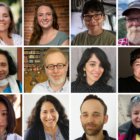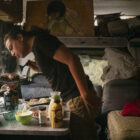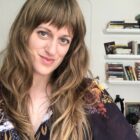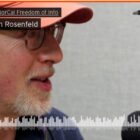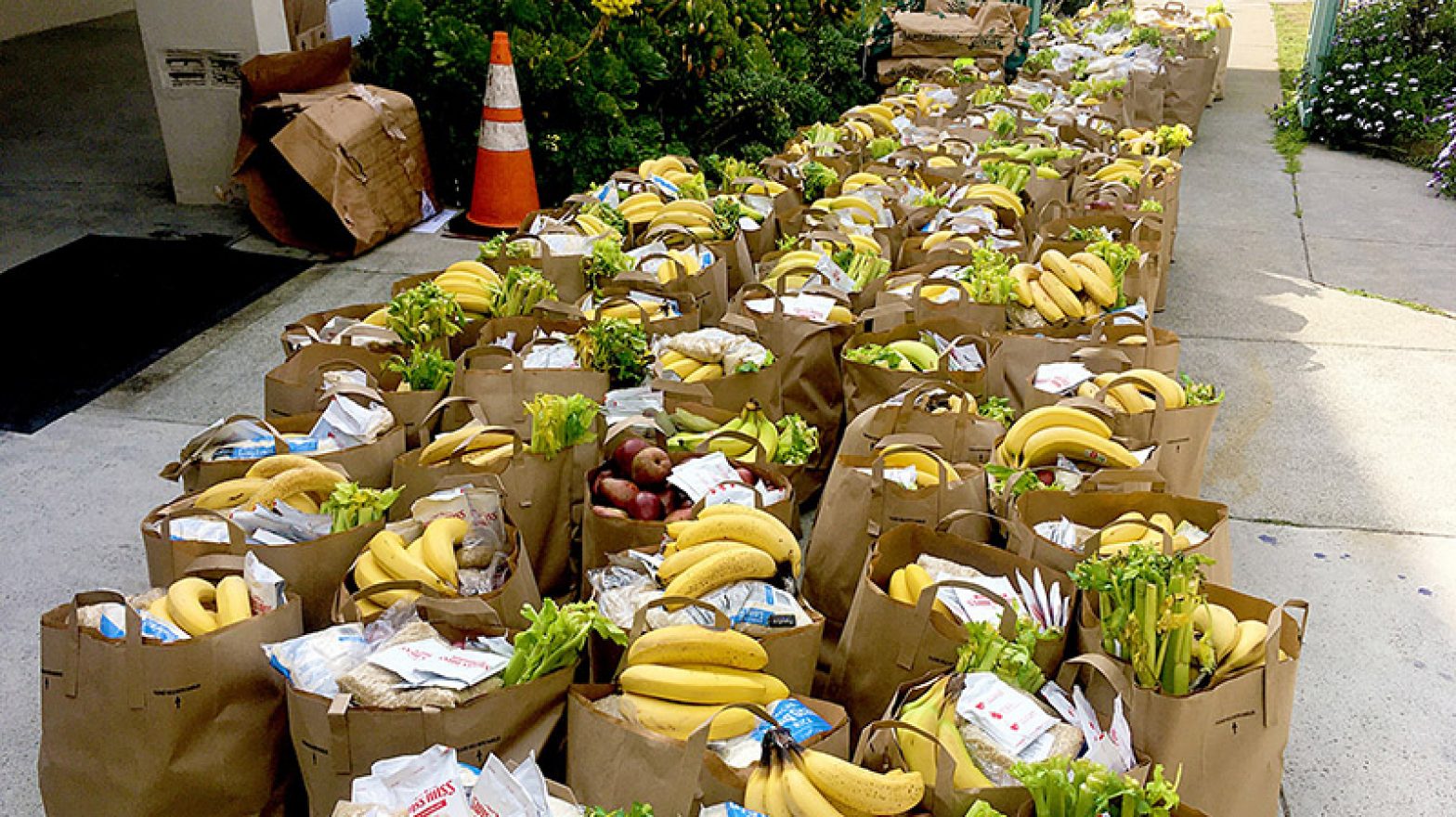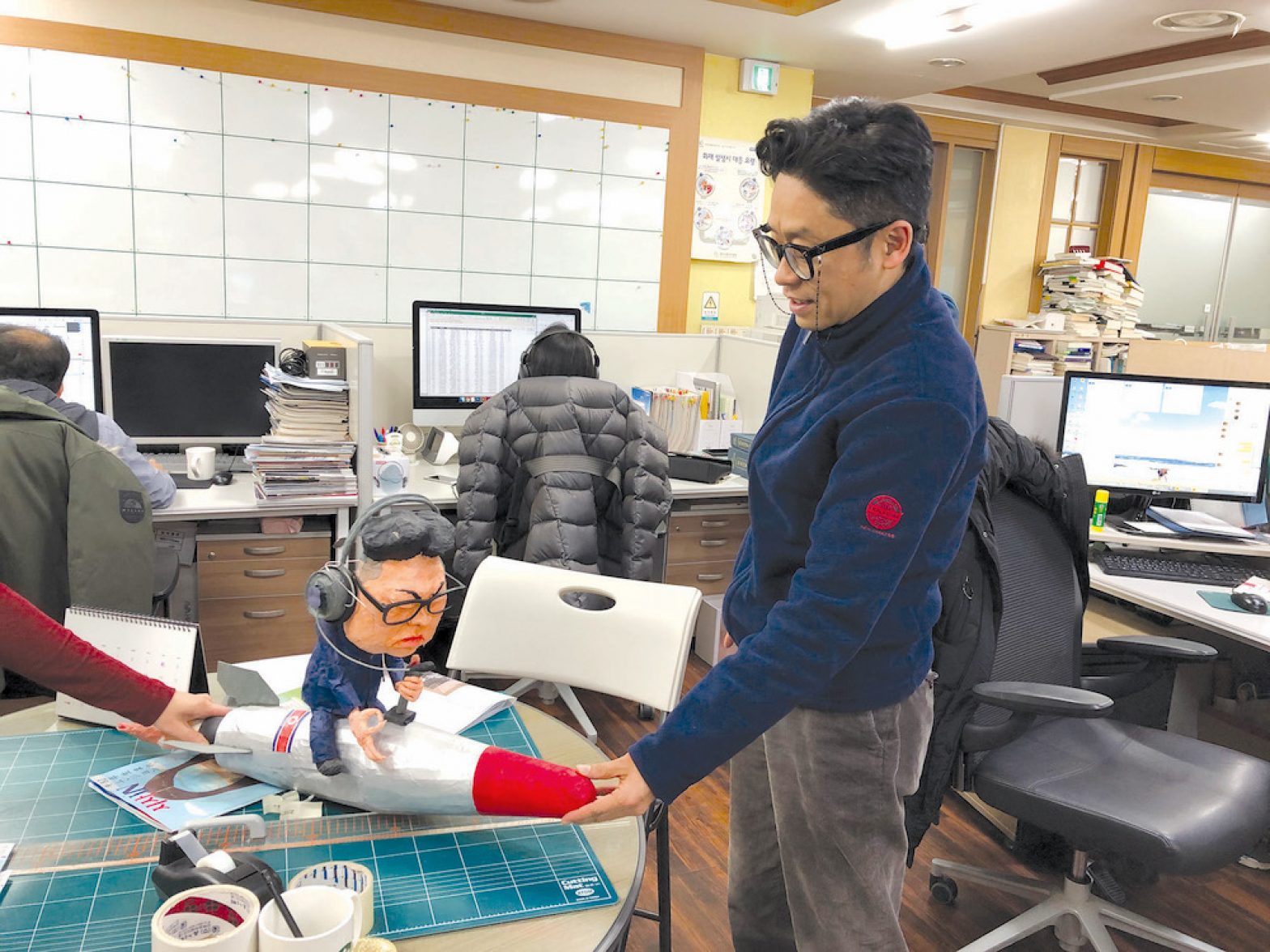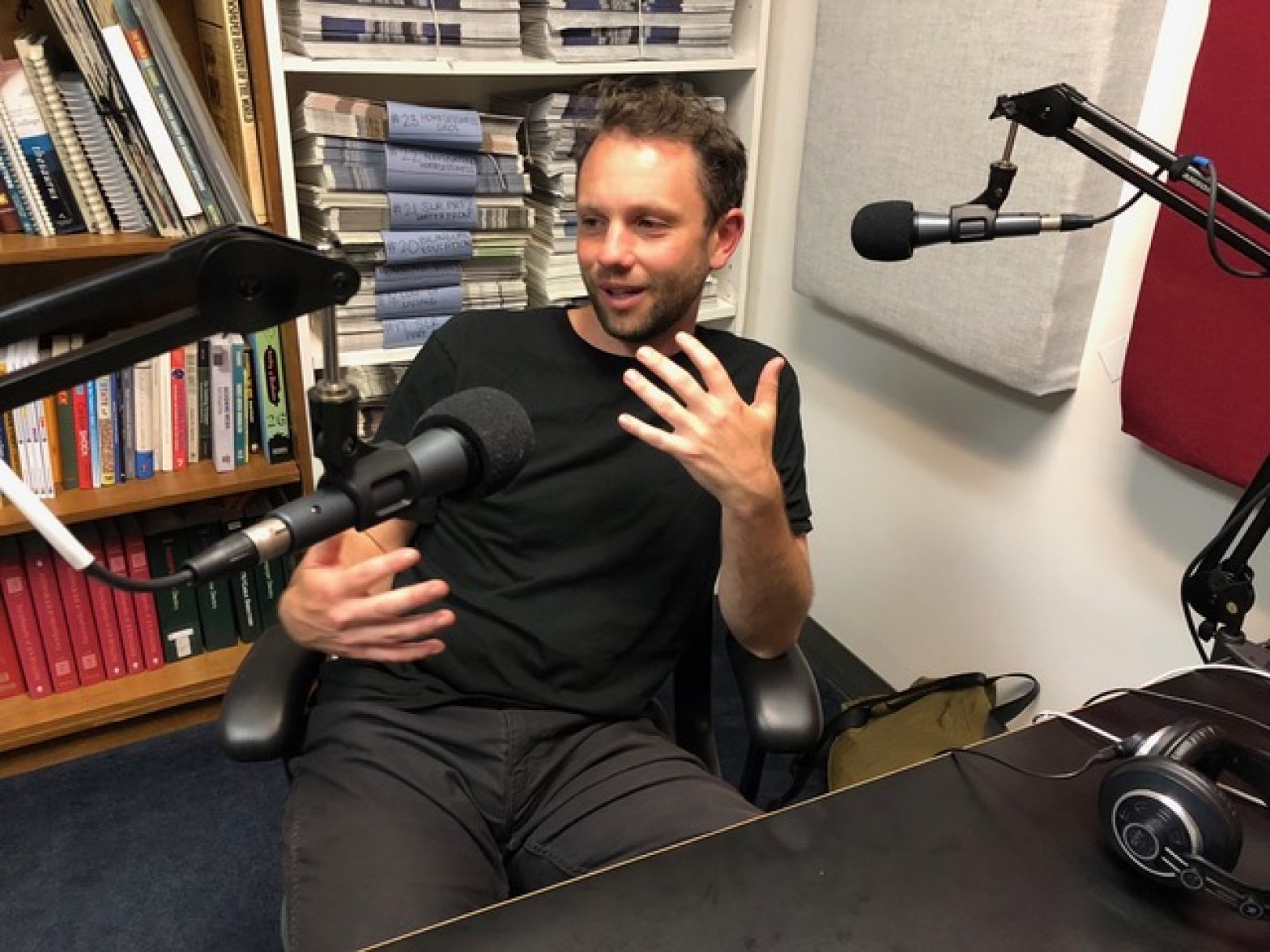From the Newsroom
A New Chapter for the San Francisco Public Press
As I transition away from my role as executive director at the San Francisco Public Press, I am filled with gratitude to the community of collaborators who helped build it and optimism for the future of local journalism.
For 15 years, we’ve worked to establish an investigative workshop for the city and region grounded in idealism, resilience and innovation. Now, I’m shifting my focus to environmental and science writing, putting the organization’s direction in the capable hands of co-founder Lila LaHood.
